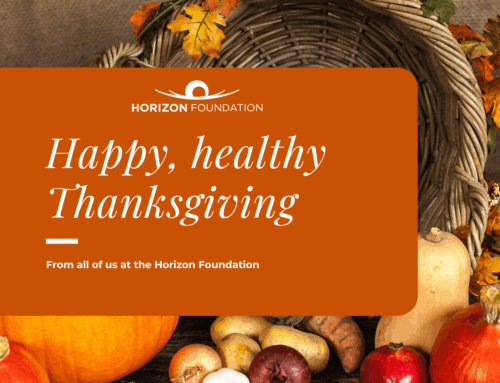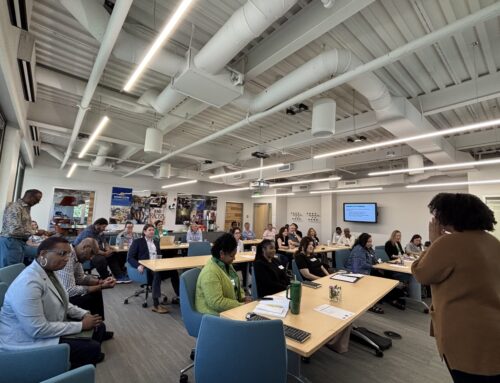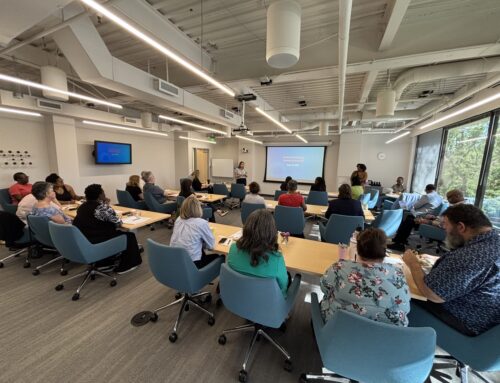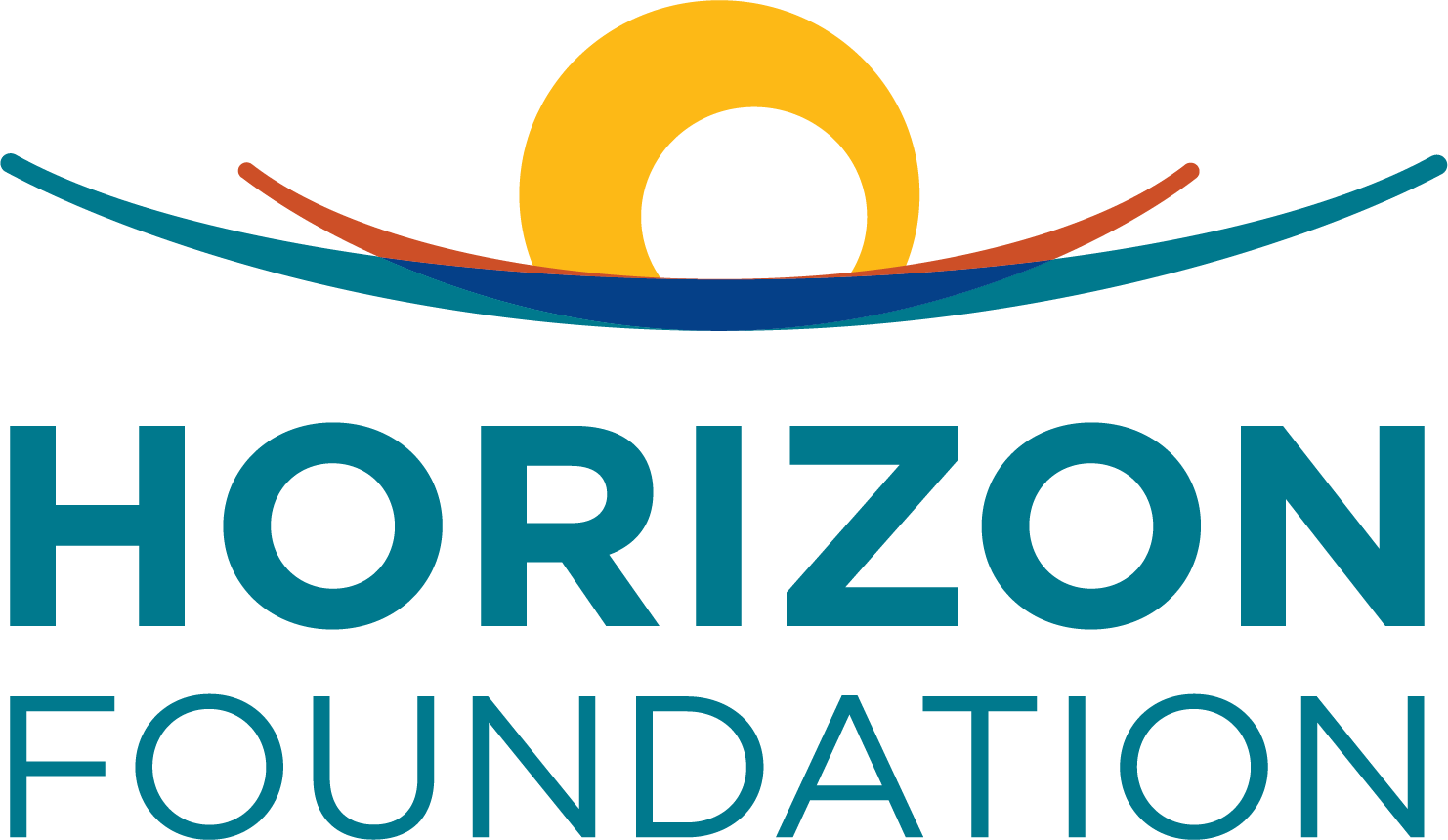Earlier this month, our communications team, Cat Harmon and Kerry Darragh, flew off to Kansas City to join ComNet24, the annual nationwide conference for communications professionals working on issues for social change. They heard about how to use the nuances of language to increase the impact of our work, how to challenge dominant and harmful narratives, how to deal with the pervasiveness of misinformation and how to center community voices in years-long policy campaigns. In addition to declaring that Kansas City barbecue is the nation’s best barbecue (don’t @ us, Carolina, Memphis or Texas!), Cat and Kerry brought several lessons back home to the Horizon team that they will carry forward in our work.
- These days, narratives matter more than facts. The landscape of where people get their information and who they trust to give them information is more fractured than ever. Harmful narratives about all kinds of institutions, including philanthropy, have fostered mass distrust from the public. Misinformation, disinformation and malinformation are everywhere, and it affects all of us even if we think we know how to spot it. Philanthropy needs to do a better job of explaining how we do our work in an engaging way and who is involved in making an impact. By deepening our transparency and telling richer stories, we can build more trusting relationships with our communities.
- Instead of just broadcasting a message, build community. For years, the communications field was focused on pushing out their messages as wide as possible, especially as revolutions in technology made it easier and easier to get those messages to all corners of the world for next to no money. While the ability to reach people has never been greater, we also see that people feel lonelier than ever and are starved for genuine connection. Instead of pushing out our messages far and wide, what if we focused smaller and went deeper? How can we use communications to build community – fostering authentic, engaging connections between people where we live and work that can strengthen the fabric of our society?
- Think before you SPEACC. Undoubtedly, and not surprisingly, words have power. How you use them, when you use them and why you use the words you use matters. Believe it or not, there is a method to the madness behind every message you hear and see across all mediums whether it is TV, radio, social media or print. Asking more strategic, thought-provoking questions and using “magic words” (credit to Jonah Berger for this great framework!) can be the difference between achieving your goal or having to start from scratch. Think deeply and choose wisely!
- The system is rigged…now what? We are hearing this more and more as people have instantaneous access to news and information. While it used to be limited to mostly politics, this “the system is rigged” narrative has now bled into just about everything – the economy, education, elections, health care – and continues to grow rapidly. Cultural mindsets play a major role in how we make decisions, and cultural mindsets aren’t right or wrong, but it is up to us as communicators to help channel those with the “system is rigged” mindset towards a productive direction. How? By ensuring that the scale of the problem matches the scale of the solution. Sounds complicated, right? Who is up for the challenge?!
Barriers to social change are stubborn, and disruptions in technology and media mean that we must learn to always be nimble in how we drive our audiences to action. Though this work is challenging, it has also never felt more important. As the Foundation moves forward in its work in the years to come, we will focus on these lessons to build power in our communities, foster genuine connections with one another, tell authentic stories and challenge dominant narratives in order to drive systemic change.
Looking forward to learning from our fellow “comms for good” professionals next year in Denver at ComNet25!





